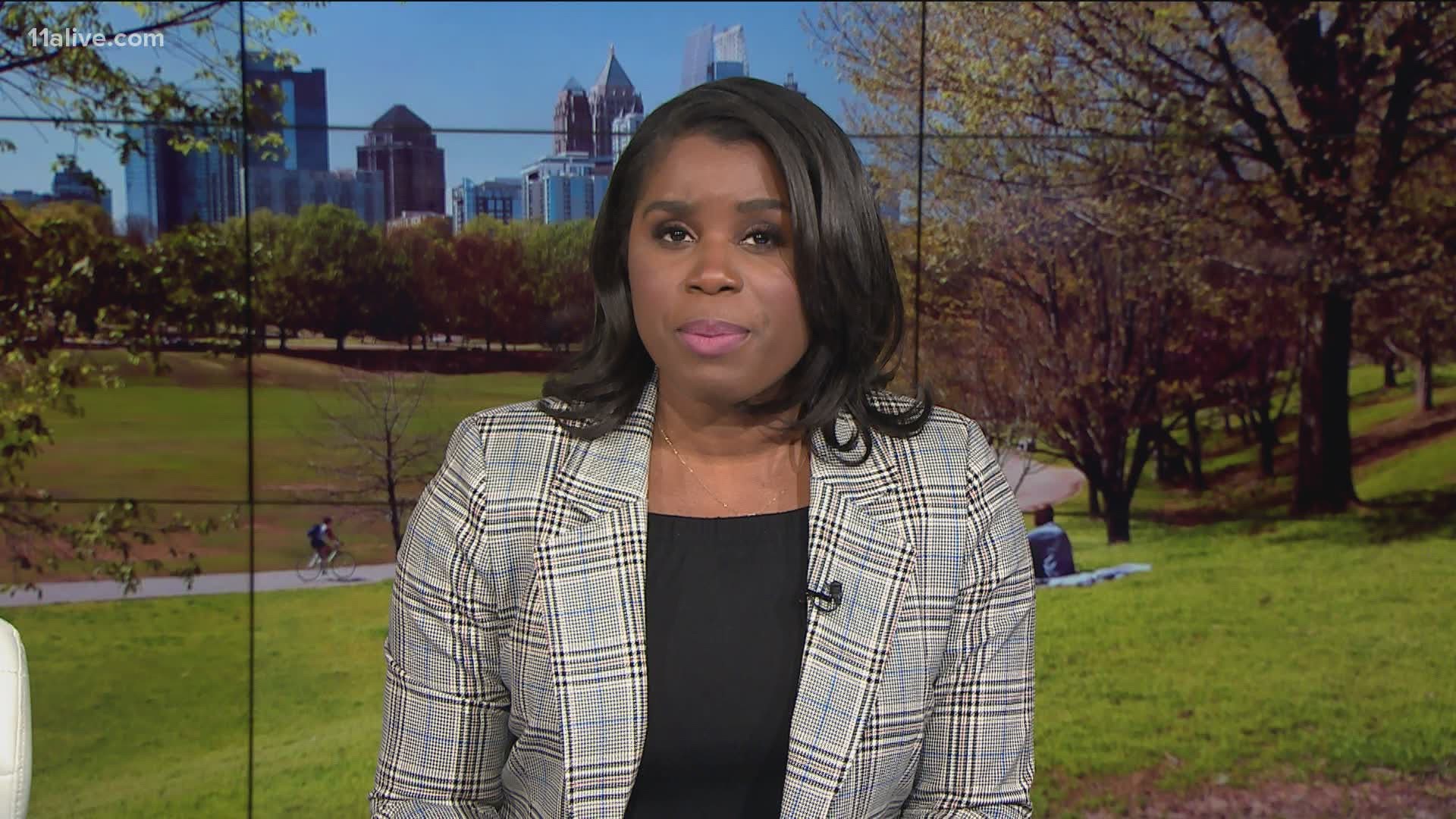ATLANTA — A federal judge on Monday blocked challenges to more than 4,000 Georgia voters ahead of the Jan. 5 Senate runoffs.
The challenges are being brought in all 159 of Georgia's counties with the help of a Texas-based organization called True The Vote. Georgia law allows for individual challenges to individual voters, but the overwhelming majority of county elections boards so far have not found that the primary evidence used in the challenges - National Change of Address records indicating the voter may now be in another state - constitute sufficient probable cause to uphold the challenges.
This lawsuit focused on two counties that did, however, allow the challenges to proceed. In Georgia, a challenged voter may still vote, but must prove to the county election office that the issue for the challenge has been resolved - a process known as "curing" their ballot - in order for the vote to count.
Muscogee County and Ben Hill County, in middle Georgia, were the focus of the suit, which was brought by Democratic-leaning voting rights group, Majority Forward, and a Muscogee County voter.
According to the suit that voter, Gamaliel Warren Turner, Sr., is a permanent Georgia resident and Muscogee County voter who has temporarily moved to California for a contract position with the U.S. Navy.
"Mr. Turner is a Targeted Voter and his absentee ballot request has been marked as “challenged.” Mr. Turner has not received any instructions regarding how to prove his eligibility to vote in the January runoff elections," the suit said.
The National Change of Address records used in these challenges have faced scrutiny before, and Cobb County attorneys advised "many people change their address for various reasons" and that, "the mere production of a voter registration database compared with a national change of address registry is not sufficient," when that board dismissed its challenge.
Likewise, this suit described the challenges as based on "inconclusive and error-prone list-matching practices that have already been deemed insufficient under federal law to remove voters from registration rolls."
Judge Leslie A. Gardner of the U.S. District Court for the District of Middle Georgia, who is Stacey Abrams' sister, largely validated this interpretation.
She cited a provision of the National Voting Rights Act which states:
“A State shall not remove the name of a registrant from the official list of eligible voters in elections for Federal office on the ground that the registrant has changed residence unless the registrant . . . confirms in writing that the registrant has changed residence to a place outside the registrar's jurisdiction in which the registrant is registered."
She noted: "Here, it does not appear that the Boards received written confirmation from the Targeted Voters that they had changed their addresses."
The judge also said the systemic challenges appeared to violate another provision of the National Voting Rights Act which prohibits significant voter list maintenance in the 90 days before an election, as Cobb County's attorneys also advised in that challenge.
"Here, the challenge to thousands of voters less than a month prior to the Runoff Elections—after in person early voting had begun in the state—appears to be the type of “systematic” removal prohibited by the NVRA," Judge Gardner wrote.
Georgia Secretary of State Brad Raffensperger called the ruling a "direct attack on rule of law in Georgia and the integrity of elections in this state" and said he "will not stand for it."
"“Without even hearing from Muscogee County, a President Obama-appointed judge has decided to overturn the express will of Georgia law and the county elections officers around the state who follow it," Sec. Raffensperger said in a statement.
In a release, the secretary suggested the judge had a conflict of interest in the case, because Stacey Abrams' Fair Fight Action donated to the political action committee for which Majority Forward, the plaintiff, serves as a nonprofit arm.
Judge Gardner's grant of a restraining order requires that Muscgoee and Ben Hill elections officials must not remove any voters from registration lists based on NCOA records; that they not prevent any voters from casting a regular ballot, as opposed to a challenged ballot, on Jan. 5, based on NCOA records; that they not require any such voters to cast a provisional ballot or "present any additional evidence of eligibility" based on NCOA records; and that they "make reasonable efforts to inform all Targeted Voters of the terms of the restraining order."

